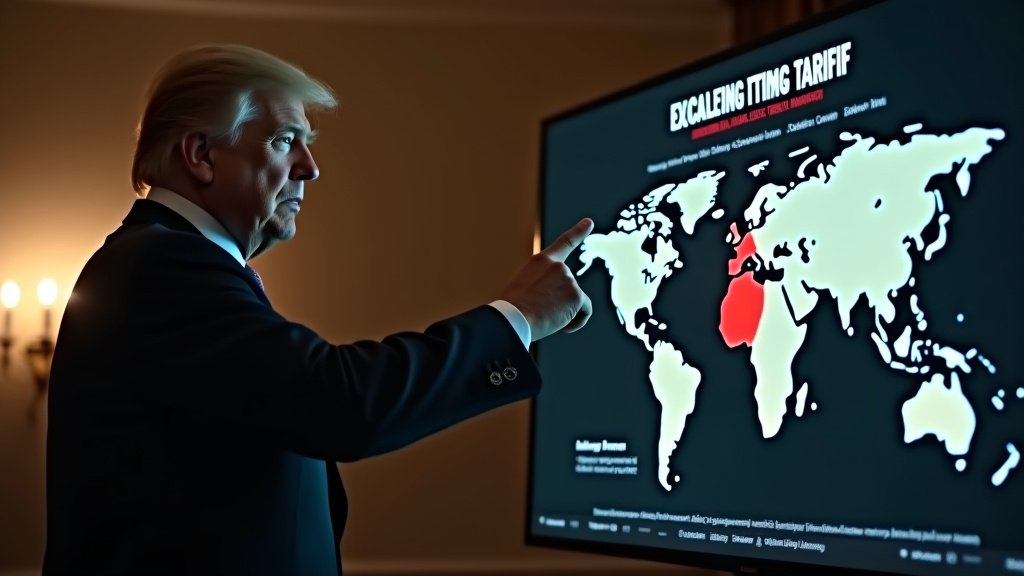Los Angeles, CA – A series of letters published in the Los Angeles Times on March 12, 2025, offered sharp rebukes to recent columns, sparking debate over which political party genuinely reflects the pulse of the American public. The correspondence specifically pushed back against the assertion that the Republican Party is in sync with voter sentiment, citing concerns about political extremism, institutional integrity, and economic policy.
Contrasting Political Extremes and the Center Ground
One letter writer took issue with the perceived political spectrum presented in previous columns by Robin Abcarian and Josh Hammer. According to this correspondent, these columnists represent the “extremes of American politics,” arguing that their perspectives contrast sharply with the “perceived political center of most Americans.”
The letter implied that the mainstream political discourse often fails to capture the nuances and moderate views held by a significant portion of the population, suggesting that neither the far left nor the far right, as represented by certain commentators, accurately mirrors the nation’s political core.
Allegations of Undermining Institutions
Another correspondent directed pointed criticism at prominent figures, specifically naming former President Donald Trump and entrepreneur Elon Musk. This letter alleged that these individuals are actively “attempting to dismantle the separation of powers,” a foundational principle of the U.S. governmental structure.
The writer further claimed that this alleged effort is being undertaken with the support of a “spineless GOP Congress.” This strong accusation explicitly referenced Josh Hammer’s March 6 column, titled “Democrats are drifting dangerously out of sync with the American people,” positioning the reader’s critique as a direct counter-argument to Hammer’s premise by suggesting that it is Republicans, rather than Democrats, who are out of step, particularly concerning adherence to democratic institutions and norms.
Debate Over Representation and “DEI Hire”
The discussion extended to issues of representation and hiring practices. A different letter specifically questioned Josh Hammer’s viewpoint regarding the hiring of Black individuals in the context of the term “DEI hire.” The correspondent appeared to challenge the implications or usage of this term, which often refers to Diversity, Equity, and Inclusion initiatives.
The same letter writer came to the defense of notable figures, specifically mentioning Supreme Court Justice Ketanji Brown Jackson and former Vice President Kamala Harris. By defending these prominent Black women, the letter implicitly pushed back against any suggestion that their positions were solely or primarily due to DEI considerations rather than merit, linking the debate over terminology to broader discussions about qualifications, opportunity, and representation in high-profile roles.
Economic Policy and Public Priorities
Econom ic policy also featured prominently in the reader feedback. A letter disputed Hammer’s assertion that the Republican Party’s political traction stems from effectively addressing the public’s desire for a “stable pocketbook, a stable border and a stable world stage.”
The correspondent challenged the notion of a “stable pocketbook” under recent Republican-aligned policies, citing concrete examples of negative economic effects. These included references to “stock market drops” and “increased prices attributed to Trump’s tariffs.” The letter argued that these outcomes contradict the idea that Republican policies have successfully delivered economic stability for average Americans, suggesting that the party’s economic platform, particularly concerning trade and its impacts on markets and consumer costs, may not align with public expectations or experiences.
Conclusion: A Snapshot of Reader Discontent
Collectively, the letters published on March 12, 2025, in the Los Angeles Times provide a snapshot of reader sentiment that directly challenges the narrative of Republican alignment with mainstream American views. The correspondence highlights significant public concerns regarding political polarization, potential threats to democratic institutions, the complexities of representation, and the tangible economic effects of specific policies, suggesting a segment of the public believes it is the GOP, rather than their political opponents, that is currently out of sync with the nation’s priorities and values.












